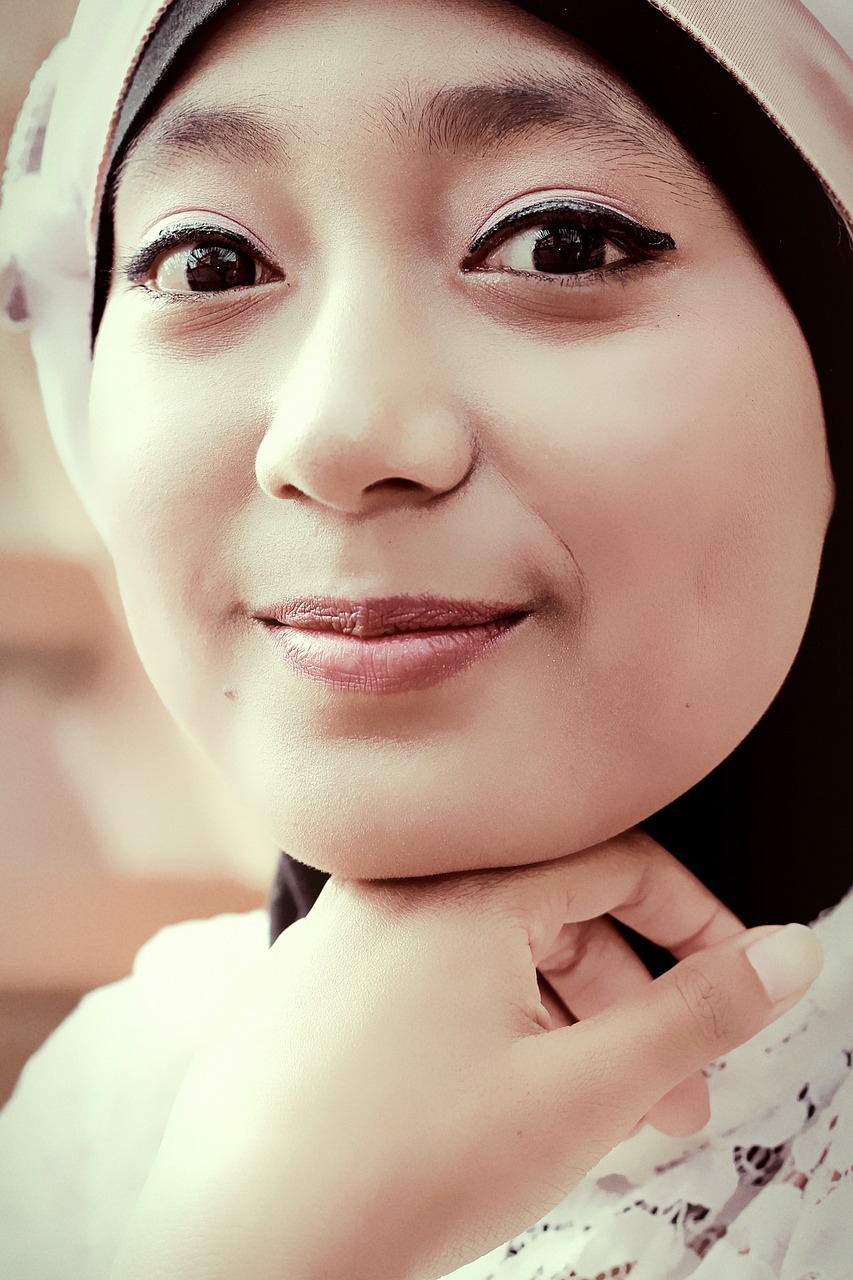Salafism is now thought to be the fastest growing Islamic faction in the UK. Salafism, often referred to as Wahhabism, is an ideology commonly associated with Isis and often features in the news, usually as a label applied to jihadis who’ve committed atrocities abroad. This has led many to assume that home-grown followers – who first began to emerge in the 1980s – pose an active threat to society. In Britain, however, the vast majority of self-described Salafis are explicitly anti-violence – indeed, their leaders have been among the most vocal in their condemnation of terrorism.
They also expressly prescribe obedience to the law of the land, so you won’t hear them calling for sharia law to take its place. In other respects, Salafism is arguably one of the most puritanical and conservative brands of Islam: it advocates strict gender segregation, for instance, face veils and rules that govern practically every aspect of day-to-day life. There’s even a Salafi etiquette for going to the lavatory (while saying a special prayer, enter the bathroom with your left foot forward, then exit with your right; do not greet anyone while on the loo).
And any modern dilemmas that haven’t already been covered will be ruled on by male scholars thousands of miles away – usually in Saudi Arabia. Nor may a woman disobey her husband – who is entitled to take up to four wives – unless he’s trying to interfere with her religious duties. Theoretically, he’s within his rights to demand sexual intercourse whenever he wants (unless she’s menstruating), as well as to forbid her from going out to work.
So why would any young British woman choose to become Salafi? What makes her want to stop going out raving with her mates – as many did before donning the niqab – and to live by rules that make 1950s housewives seem liberated? To find out, I spent nearly two-and-a-half years participating as much as possible in the highly segregated activities of Salafi women’s communities in London. Had they been brainwashed? Or forced into niqabs and seclusion? And how did they reconcile the strict rules they had to follow with life in modern Britain?
Most of the women, I discovered, had come from less observant Muslim backgrounds, though a substantial number were converts from other religions. All seemed well-equipped to make a rational decision: the vast majority were either current or former students, or else actively planning to go to college or university. I’d begun my research by respectfully donning a headscarf – though I never pretended to be Muslim – and attending the women’s religious study circles, Friday prayers and other community events, with the permission of the leaders. But gaining the trust of people who already felt constantly under scrutiny as potential “extremists” was no easy task.
I’ve witnessed for myself how Salafi preachers convey a sense of simplicity and authenticity. At every lesson I attended, the teachers rarely strayed from quoting or paraphrasing the words of the scriptures or of famous Islamic scholars. In fact, the phrase “I think” is banned from the Salafi teacher’s lexicon: all points must be framed by the Qur’an, hadith or words of a respected scholar. Even the rules that shape their lives are presented as rooted in “authentic” Islamic texts. They may be harsh in a 21st-century context, but they leave no room for doubt. And that’s the attraction: complete and utter certainty. Having such a clear sense of purpose in life was undoubtedly fulfilling for the women I interviewed. “Subhanallah [glory to God]!” said Maryam, a university student in her mid-twenties. “I feel more at peace and tranquil, in that I am trying my utmost to implement the religion because I have evidence to support me.”
For a Salafi, there’s no need to familiarise yourself with centuries of Islamic scholarship and debate, or to investigate the practices of the many other Muslim groups. By simply following Salafi teachings, it is claimed, you can be assured of God’s blessing – and hopefully a place in Paradise. As one woman, Wafa put it: “It’s as simple as ABC.”
The other women I interviewed made similar remarks, though all had unique stories to tell. Among them were Afro-Caribbean converts, the daughters of Somali refugees, former gang members, second-generation Pakistanis and people with various other mixed backgrounds. Some had previously been supporters of Islamist and jihadi groups, but had eventually become disillusioned and started seeking alternatives. I even met a former Catholic nun, an ex-Jehovah’s Witness, two Poles and a Sikh convert. All had decided to embrace Salafism and live by its rules. Far from converting because of family pressure, as is often assumed, most women had parents who were, at best, puzzled by their daughters’ new lifestyle.
Sources
http://www.independent.co.uk/news/uk/home-news/young-british-salafi-women-a7436611.html#gallery






